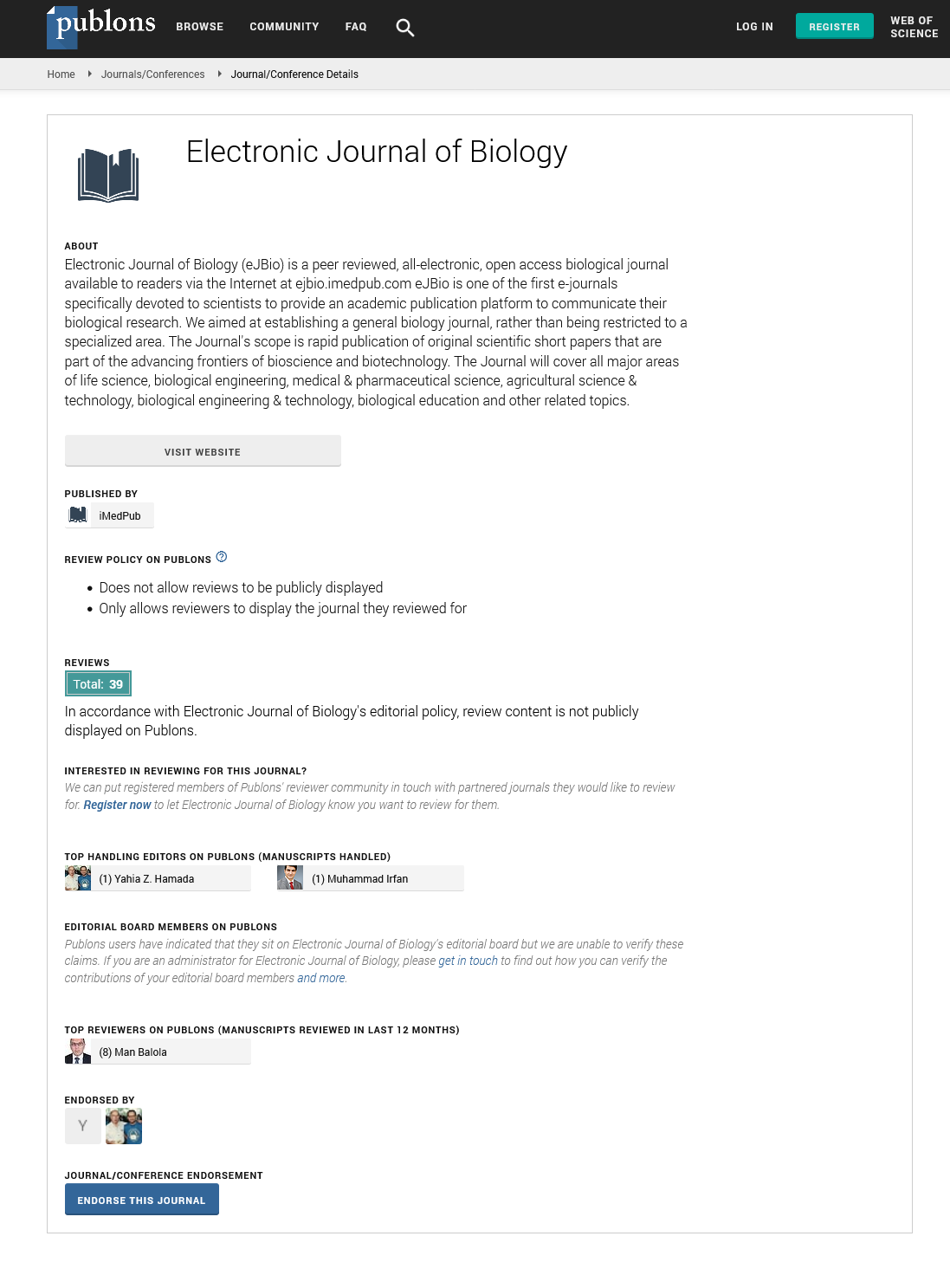Abstract
Assessment of Cytotoxicity of Imatinib for Oral Squamous Cell Carcinoma by a Real-Time Cell Analysis System.
Background: A Real-Time Cell Analysis (RTCA) system has been developed as a cell monitoring device which detects changes in impedance as cells attach and spread in a sensor well. Assessment of cell adhesion and spread is important to characterize the biological status of adherent cells, and to evaluate mitochondrial activity during cytotoxicity assays. However, practical applications of the RTCA system have not been fully explored. The purpose of this study is to find the availability of evaluation used by RTCA system (characterized by real-time measurement and cell impedance monitoring) compared with WST-8 assay as one of the useful new methods in the cytotoxicity assay. Methods and findings: The iCELLigence system was used as an RTCA device in conjunction with SQUU-A, SQUU-B, SAS, and NA human oral squamous cell carcinoma cell lines. Cells were incubated on culture plates for 24 h and then treated with the cytotoxic agent imatinib. Cells were incubated for an additional 72 h with sensor devices placed in the incubator to measure real-time cell index (CI) data by the RTCA system over the experimental period. The calculated IC50 values of imatinib exhibited high correlation with those of real-time CI measures using the RTCA system. Furthermore, the real-time IC50 changed with culture time. Additionally, the IC50 values calculated by the RTCA system were lower than those calculated by the WST-8 assay at end-point measurements as a conventional method. Conclusions: The RTCA system can evaluate the change of cytotoxicity with culture time using realtime IC50 compared with end-point assay. The RTCA system can sensitively evaluate the influence of cytotoxic reagents on cell adhesion. Furthermore, this system could be used to evaluate combined therapy or drug interactions with real-time monitoring in the future.
Author(s):
Mai Hazekawa, Masahiko Morioka, Takuya Nishinakagawa, Tomoyo Kawakubo-Yasukochi, Seiji Nakamura, Manabu Nakashima
Abstract | Full-Text | PDF
Share this

Google scholar citation report
Citations : 5001
Electronic Journal of Biology received 5001 citations as per google scholar report
Electronic Journal of Biology peer review process verified at publons
Abstracted/Indexed in
- Google Scholar
- China National Knowledge Infrastructure (CNKI)
- CiteFactor
- Electronic Journals Library
- Zoological Records
- WorldCat
- Proquest Summons
- Publons
- MIAR
- Openaccessarticles.com
- Secret Search Engine Labs
Open Access Journals
- Aquaculture & Veterinary Science
- Chemistry & Chemical Sciences
- Clinical Sciences
- Engineering
- General Science
- Genetics & Molecular Biology
- Health Care & Nursing
- Immunology & Microbiology
- Materials Science
- Mathematics & Physics
- Medical Sciences
- Neurology & Psychiatry
- Oncology & Cancer Science
- Pharmaceutical Sciences


